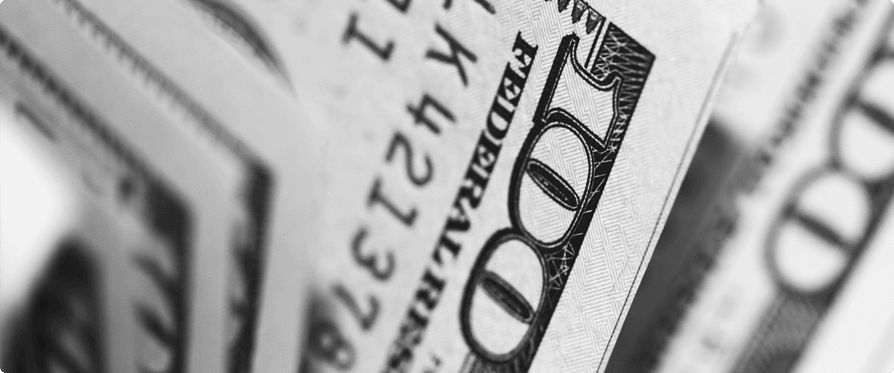How Much Does Therapy Cost?
Understanding “how much does therapy cost” is a crucial factor for many people considering mental health treatment. Therapy can be a significant investment, and costs can vary widely depending on several factors, including the type of therapy, the therapist’s qualifications, location, and whether the therapy is conducted in-person or online. In this article, we will explore the different aspects that influence therapy costs and provide a detailed overview of what you can expect to pay for mental health services.
Factors Influencing How Much Does Therapy Cost
1. Type of Therapy
– How much does therapy cost can vary depending on the type of therapy you seek. Common types of therapy include cognitive behavioral therapy (CBT), psychodynamic therapy, and humanistic therapy, among others. Each type of therapy may have different price ranges based on the complexity and length of the treatment.
2. Therapist’s Qualifications
– Therapists with advanced degrees, certifications, and extensive experience may charge higher rates. Licensed clinical psychologists, psychiatrists, and therapists with specialized training often command higher fees than less experienced or non-specialized therapists.
3. Location
– The geographical location of the therapist can significantly impact how much does therapy cost. Therapy in urban areas or regions with a high cost of living tends to be more expensive than in rural or less affluent areas. For example, therapy sessions in New York City or San Francisco are typically more costly than those in smaller towns.
4. Session Length and Frequency
– The standard length of a therapy session is usually 50 minutes, but some therapists may offer longer or shorter sessions, which can affect the overall cost. Additionally, the frequency of sessions (weekly, bi-weekly, monthly) will influence the total expense over time.
Average Costs of Therapy
According to various sources, how much does therapy cost can range widely:
– In-Person Therapy: The average cost of a single in-person therapy session in the United States ranges from $100 to $200 per hour. In metropolitan areas, this can go up to $250 or more per session .
– Online Therapy: Online therapy services, such as BetterHelp and Talkspace, typically charge between $60 and $90 per week, billed monthly. These services often include messaging, video sessions, and other communication methods, making them a cost-effective option for many people. For more information on the differences between online therapy and in-person/face to face therapy see our article on it.
– Sliding Scale Fees: Some therapists offer sliding scale fees based on a client’s income and ability to pay. This can make therapy more accessible to those with limited financial resources. Sliding scale fees can reduce the cost to as low as $50 per session, depending on individual circumstances .
Insurance and Therapy Costs
Health insurance can play a significant role in how much therapy costs. Many insurance plans cover mental health services, but coverage can vary:
– In-Network Providers: If you choose a therapist within your insurance network, you may only need to pay a copay, which can range from $20 to $50 per session. Your insurance provider will cover the rest of the cost .
– Out-of-Network Providers: Seeing an out-of-network therapist typically involves paying the full session fee upfront and then seeking partial reimbursement from your insurance company. Reimbursement rates can vary, and you may end up paying a significant portion out-of-pocket .
– Employee Assistance Programs (EAPs): Some employers offer EAPs that provide a limited number of free therapy sessions for employees. This can be an excellent way to access initial mental health support without incurring costs.
Cost vs. Value
When considering how much therapy costs, it’s important to weigh the potential benefits. Investing in mental health can lead to improved emotional well-being, better relationships, and enhanced overall quality of life. While the cost may seem high, the long-term benefits often justify the expense.
How Much Does Therapy Cost: Conclusion
Determining how much does therapy cost involves considering various factors, including the type of therapy, therapist qualifications, location, and whether you have insurance coverage. On average, in-person therapy can cost between $100 and $200 per session, while online therapy services offer a more affordable alternative at $60 to $90 per week. Sliding scale fees and insurance coverage can also help reduce costs. Understanding these variables can help you make an informed decision about investing in your mental health. To find an online provider for therapy at the best price point for you see our online therapy reviews.
Must Read News
The Benefits of Couples Therapy
The Benefits of Couples Therapy: Strengthening Relationships Through Communication and Understanding Maintaining a healthy and [...]
5 Ways to Know If You or a Loved One Need Therapy
5 Ways to Know If You or a Loved One Need Therapy In today’s world, [...]
Talk Therapy: What It Is and How It Helps
Talk Therapy: What It Is and How It Helps Talk therapy, also known as psychotherapy, [...]
Group Therapy Near Me: The Power of Collective Healing
Group Therapy Near Me: The Power of Collective Healing Group therapy is an increasingly popular [...]
What is Cognitive Behavioral Therapy
What is Cognitive Behavioral Therapy? Cognitive Behavioral Therapy (CBT) is a widely recognized and evidence-based [...]
The Value of Teletherapy vs. Face-to-Face Therapy: Choosing the Right Fit for You
The Value of Teletherapy vs. Face-to-Face Therapy: Choosing the Right Fit for You The landscape [...]
Our Method
We use a combination of consumer reviews and overall scores from multiple online platforms such as Forbes, Trustpilot, Google, Indeed, Glassdoor, and others to form an overall composite score that shows how well a company not only treats its customers but how they treat their employees as well. Our multiplatform composite score prevents companies from gaming one review-generating platform or another for good scores. We believe this method provides the best overall social proofing.

